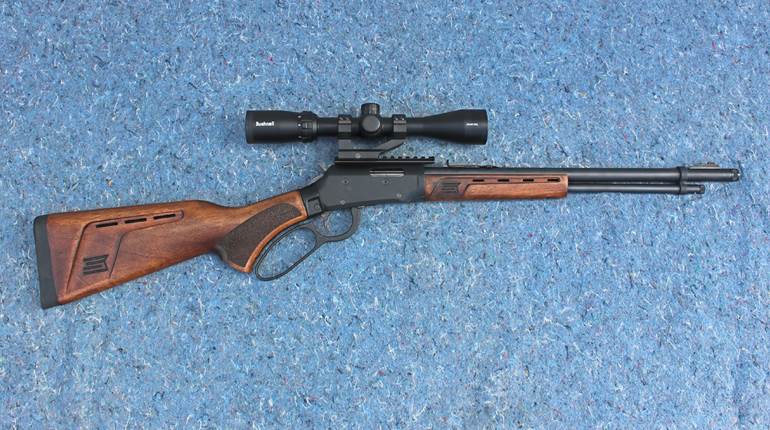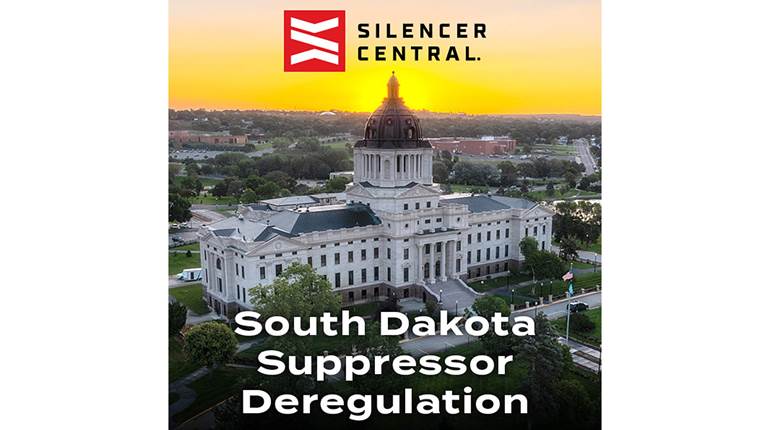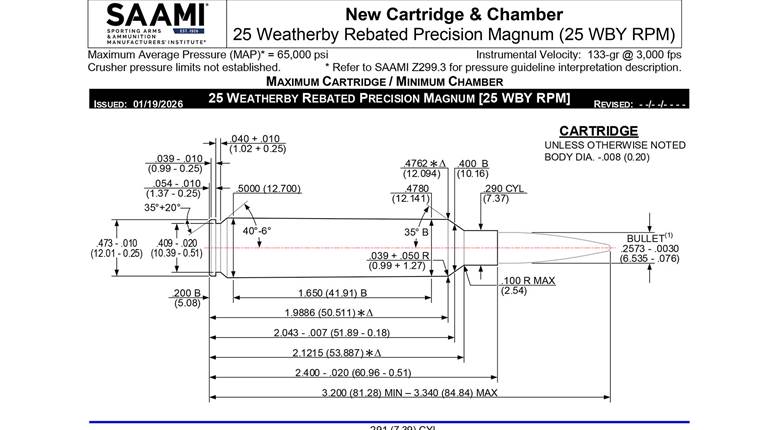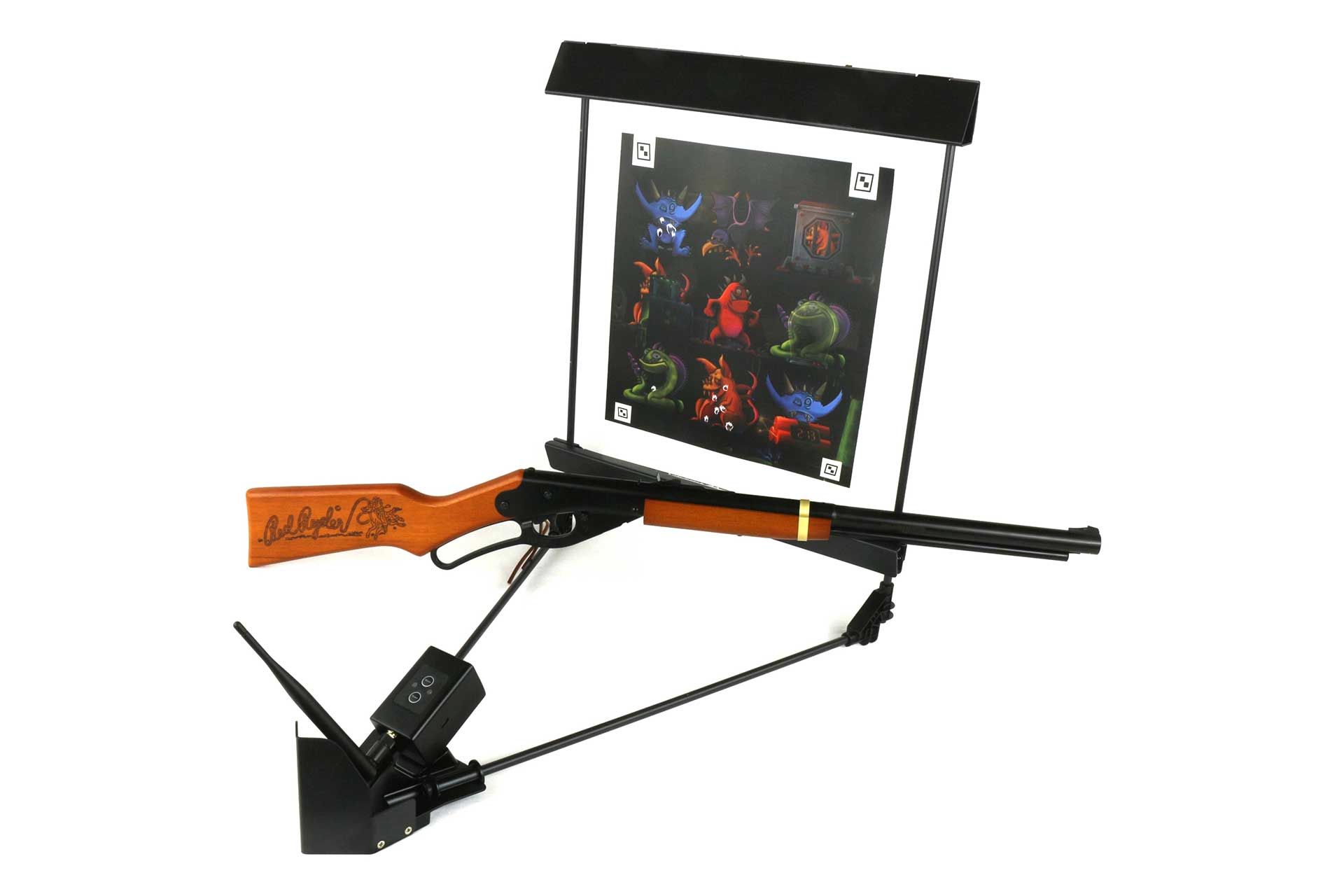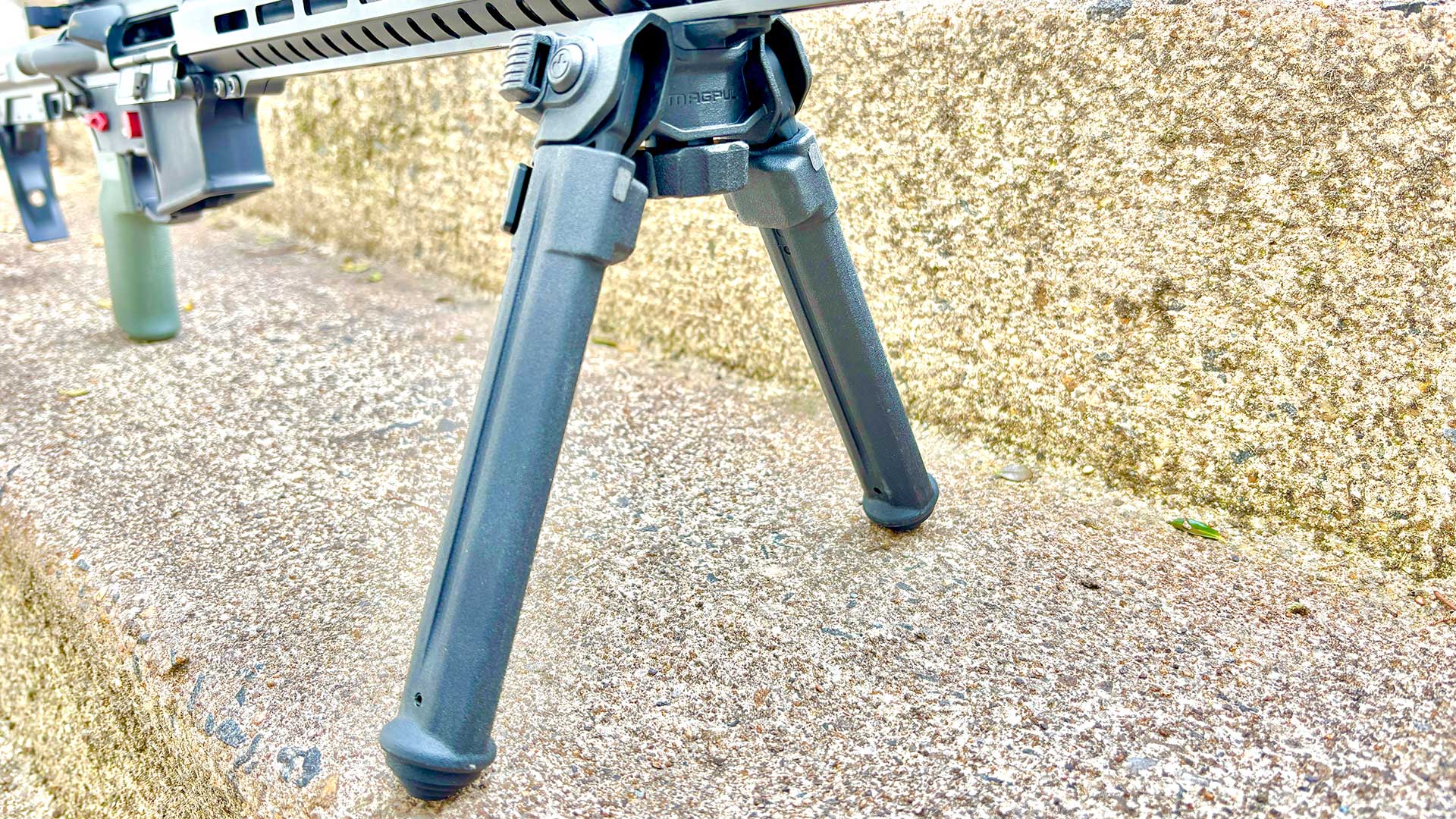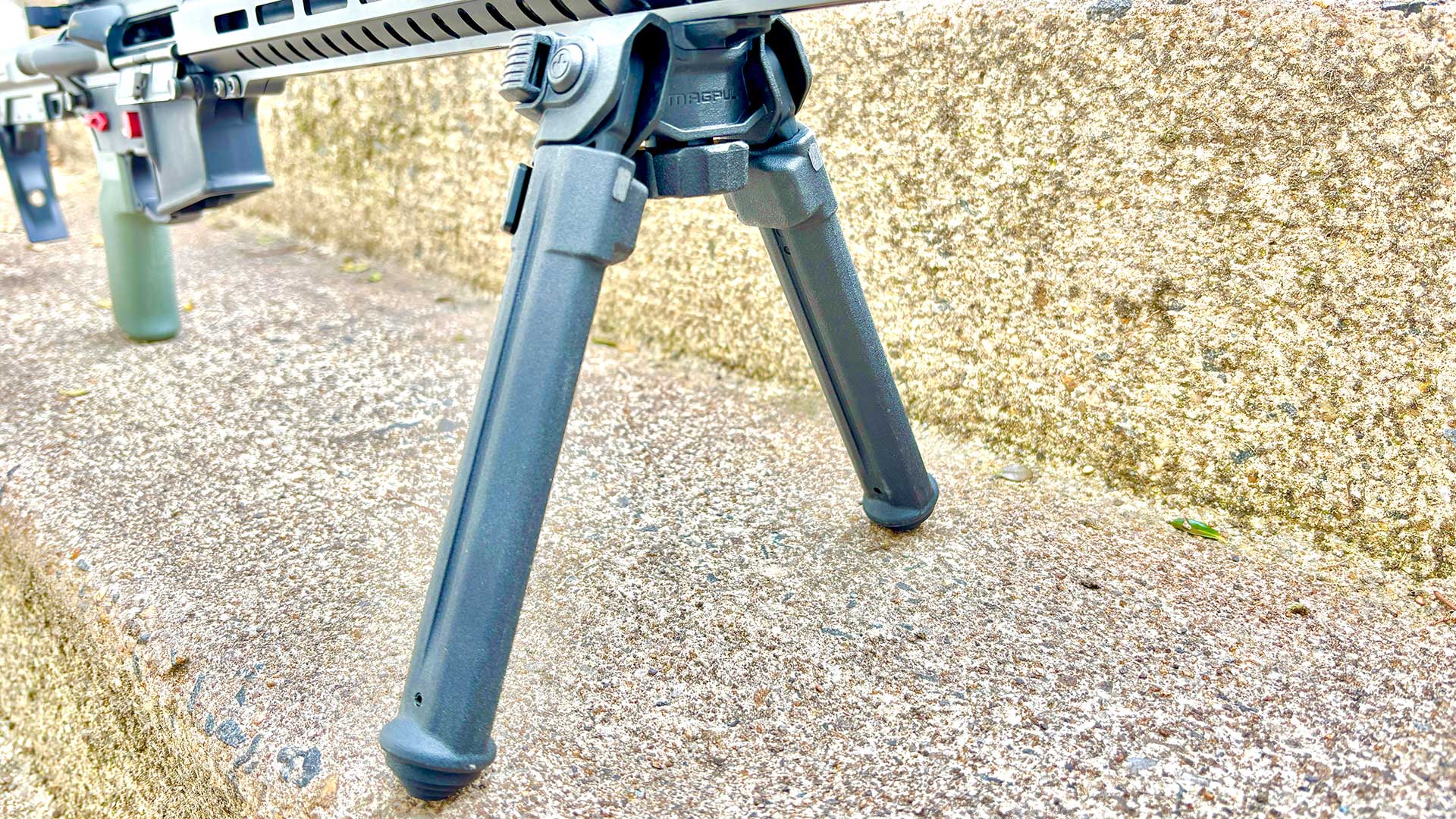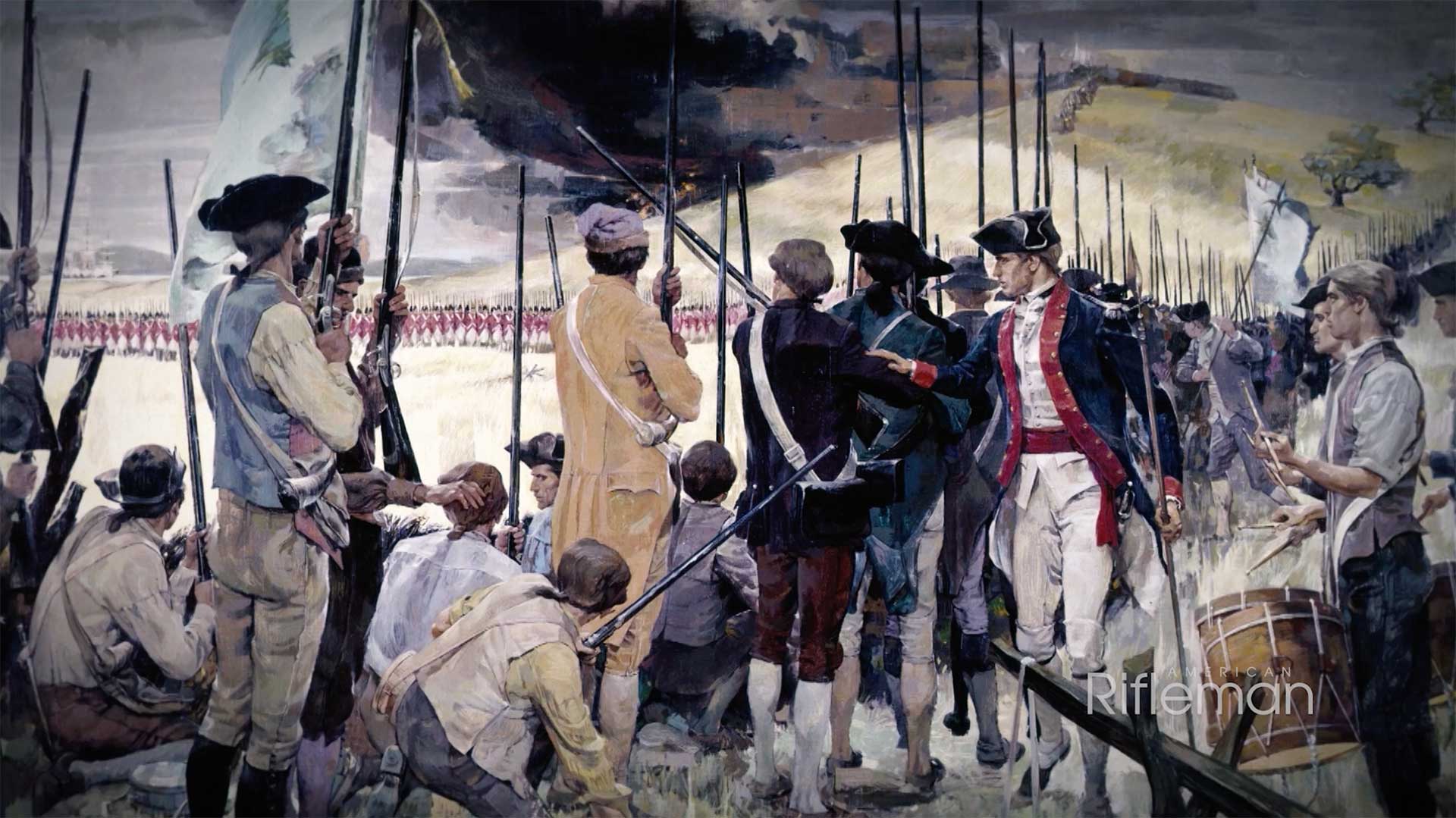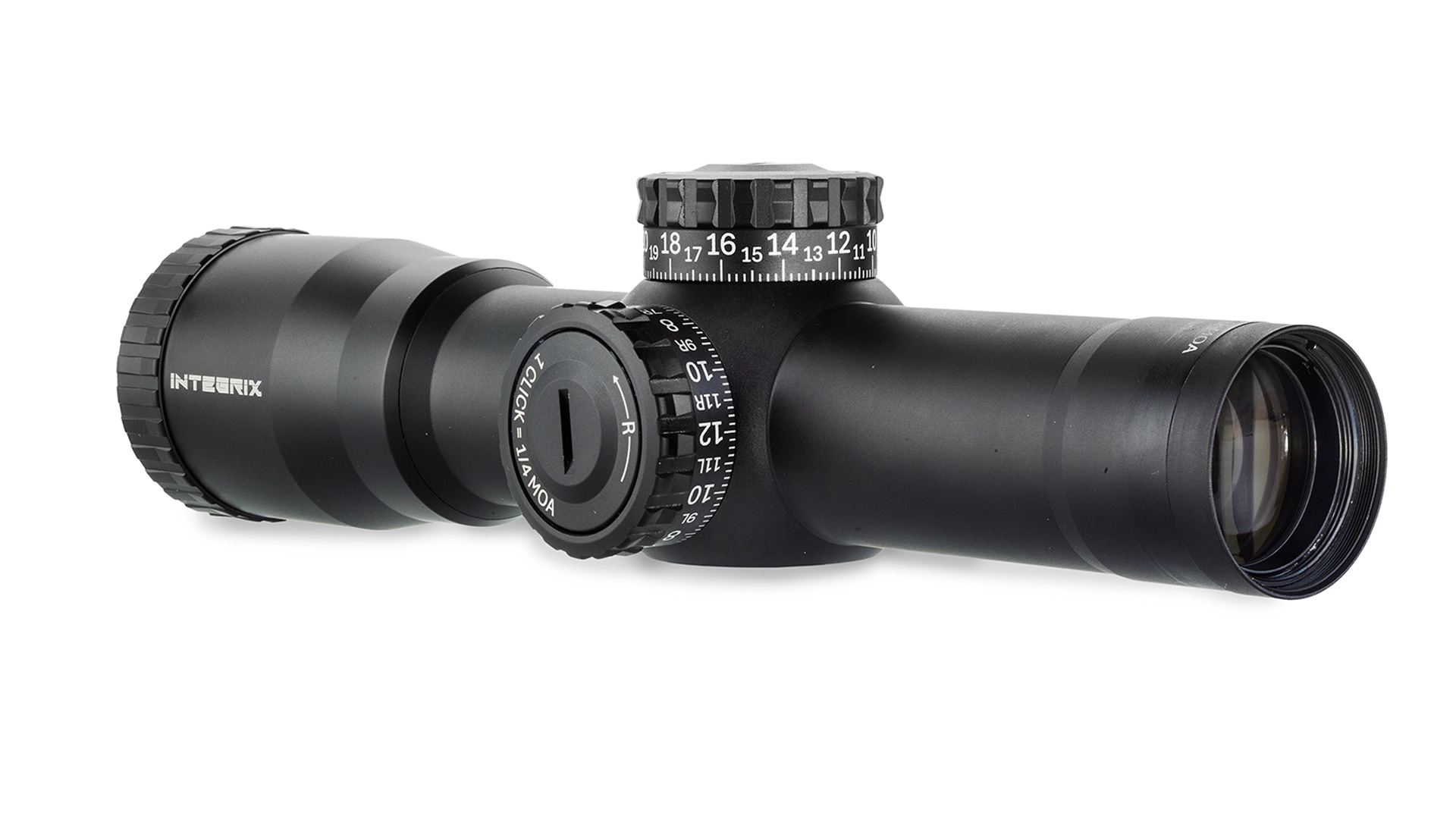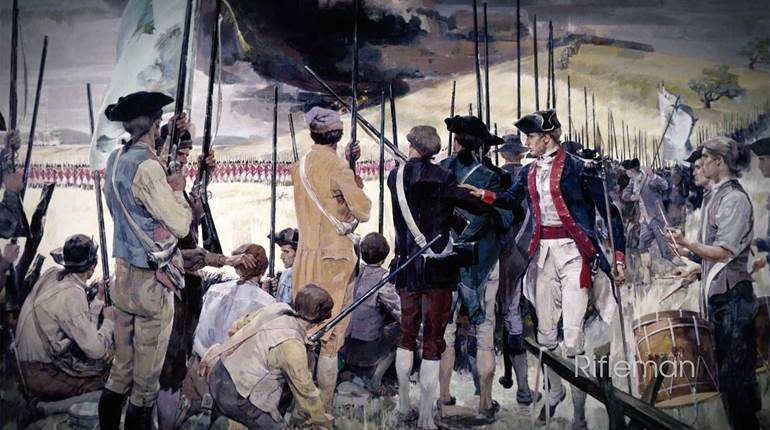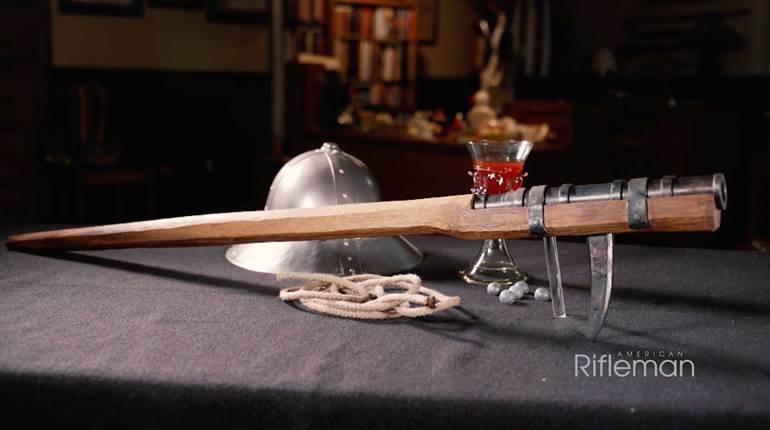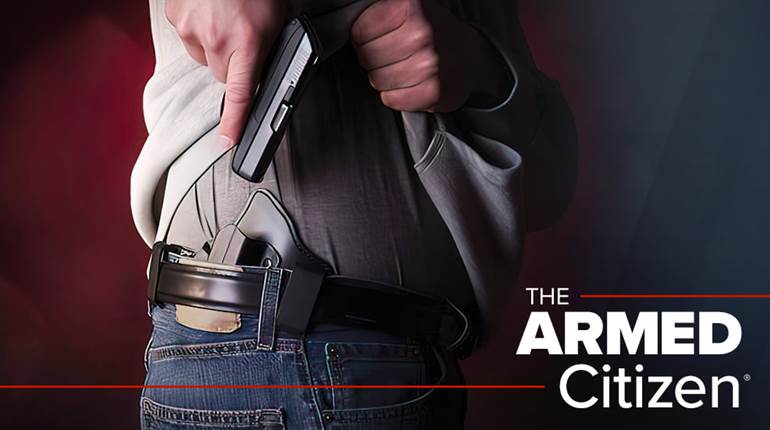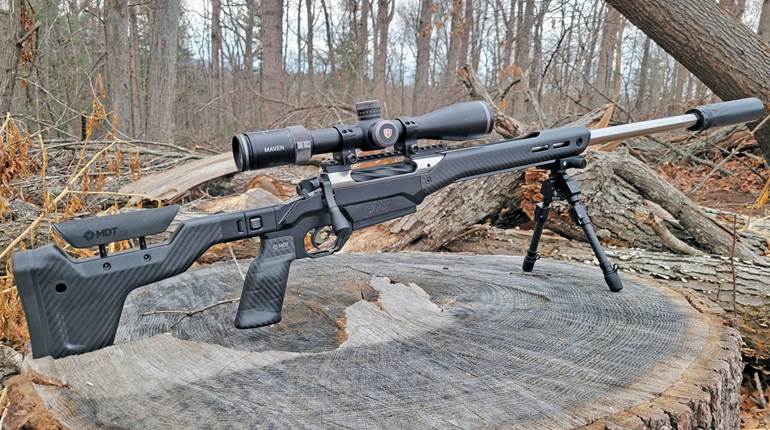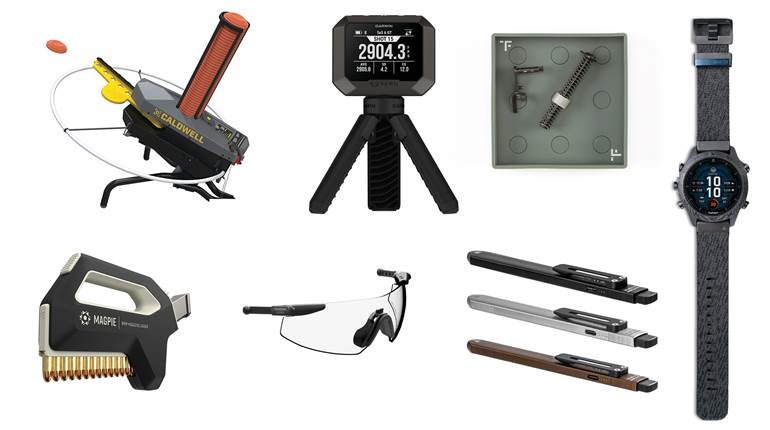
10/22/2012
For years now, reduced-weight aluminum upper assemblies have been manufactured by various companies for use with the popular Ruger Mark III and 22/45 pistol frames. Many of these uppers have the added bonus of a threaded barrel for sound suppressors or other muzzle accessories. While these after-market units have proven to be reliable and accurate, they also add $300 to $400 to the price of the gun. Wouldn't it be simpler to buy the pistol ready-to-go out of the box? Ruger has (finally) decided to provide its customers with just such a pistol.
It’s easy to find plenty of reasons to be excited about the release of Ruger's new 22/45 Lite polymer-framed pistol fitted with an aluminum upper. It was fun to take it to the range and run various .22 Long Rifle loads through it, and 22/45 Lite proved to be just as handy, accurate and reliable as the other members of the 22/45 family, but with a 10-ounce weight reduction. However, there is one feature of this pistol I was especially keen to put to good use, namely, the threaded barrel.
While just about any semi-automatic handgun has the potential to be fitted with a sound suppressor, .22 Long Rifle pistols can be made especially quiet. This is due to the nature of the .22 Long Rifle cartridge itself. First, this cartridge is loaded with small, lightweight bullets that usually leave the barrel at sub-sonic speeds. This eliminates the sonic pop that accompanies super-sonic bullets. Second, the .22 uses a small powder charge. Less burnt powder means a reduced amount of hot, high-speed gasses slamming into the atmosphere to produce a loud bang. In short, the noise of a .22 pistol can be efficiently muffled with smaller and lighter sound suppressors because it makes less noise to begin with.
In order to find out just how quiet a .22 pistol like the threaded-barrel 22/45 Lite can be with a suppressor attached, I contacted Mike Pappas at Silencerco, one of the premier manufacturers of sound suppressors in the United States. As I explained to him the kind of information I was looking for, he made an interesting suggestion. Why not simply bring the 22/45 Lite to the Silencerco sound laboratory and test fire it for myself? That way I would learn firsthand how various .22-caliber suppressors performed with this particular pistol. First-hand testing is important because sound levels, using the same ammo and suppressor, usually change from pistol to pistol. It was a gracious invitation that I was happy to accept.
After arriving at the Silencerco facility in West Valley City, Utah, and receiving a tour of the high-tech manufacturing and finishing stations, I was led to the sound testing area. There Mike and a technician walked me through the suppressor testing process. For the test, they had six .22 caliber sound suppressors: a Silencerco model, two from Silencerco's subsidiary SWR and three competitors’ models. The 22/45 Lite would be fired using CCI Standard Velocity 40-grain loads, which is the industry’s standard load for checking noise reduction in sound suppressors attached to .22 pistols.
It's important to note here that when sound levels are represented in decibels (dB), the increases in sound intensity is expressed in a logarithmic scale. The smallest audible sound (near total silence) is represented as 0 dB. A sound 10 times more powerful is 10 dB. A sound 100 times more powerful than near total silence is 20 dB. A sound 1,000 times more powerful than near total silence is 30 dB. This means changing a sound from 150dB to 140dB is a more significant reduction in noise intensity than reducing 50dB to 40dB. For comparison, normal conversation is typically about 60 dB, lawn mowers 90 dB and jet engines at 120 dB. Gun fire rocks the eardrums at 140 dB or more. Since hearing loss can occur with sounds of 85 dB or louder, reducing the impact of gun noise on the ears with hearing protection, or sound suppressors, is a good idea.
With the muzzle set at a specified distance from a digital microphone, testing started with a total of ten consecutive shots fired and digitally recorded without a suppressor attached. This first string formed a test baseline. It showed the high, low and average decibel level for the 22/45 Lite pistol when fired "noisy." This same test was performed with each suppressor attached to the pistol.
But reducing the noise produced by a pistol is only part of the formula for constructing a useful sound suppressor. As well as being quiet, the suppressor must also preserve, if not improve, accuracy. Mike pointed out that this is a tricky line that suppressor manufacturers have to walk with each unit they design. The more they work to preserve accuracy, then the noisier the suppressor will be. If the suppressor is made to be too quiet, the constriction and movement of the propellant gasses within the suppressor will wobble the bullet and wreck the accuracy.
One option is to over-build the suppressor, but then you get a unit that is too large and heavy to be practical for use on a firearm. So manufacturers strive for a golden balance of features to produce suppressors that are quiet, accurate and handy. With this in mind, we added a bit of accuracy testing to the process. This provided an opportunity to see what a 10-shot group from 25 yards would look like, and to have a bit more time to see how each suppressor altered the feel of the 22/45 Lite. All of the decibel reduction and accuracy results are represented in the table below.
The top performing suppressor of that day's testing was the SWR Spector II, with an average noise reduction of 39.5 dB and a single 10-shot group of 2.5 inches at 25 yards. A very close second place went to the Silencerco Sparrow with a 35.23 dB noise reduction and a 2.5-inch group. Both of these suppressors offer the advantage of being rated for multiple calibers. This allows the same suppressor to be switched from your .22 Long Rifle pistol to handguns and rifles chambered in calibers.17 HMR, .22 Mag. and 5.7x28 FN.
But if I was forced to pick a favorite, it had to be the SWR Warlock II. Even though it came in third place on accuracy and noise reduction testing, it's a feathery-light suppressor to work with. Since it is dedicated for use with .22 Long Rifle only, the overall weight of the unit has been reduced to just 3 ounces. Adding almost no weight to the muzzle, it was a perfect fit for 22/45 Lite pistol.
Suppressors for firearms are legal, but require the filing of paperwork with the ATF, and the payment of the $200 tax stamp. If, however, you go through this process, you can attach the suppressor to any firearm that it is rated for, including the Ruger 22/45 Lite, and fire away.
Spector II Multi-Caliber Sound Suppressor
Manufacturer: SWR; www.swrsuppressors.com
Calibers: .22 LR, .17 HMR, .22 Mag, .22 WMR, .22 Hornet, FN 5.7X28
Length: 5.98”
Diameter: 1”
Weight: 6.8 ozs.
Finish: Black Oxide
Materials: 17-4 Stainless Steel, 316 Stainless Steel
Mount: ½ x 28 Threads
Decibel Reduction: 41dB (Listed)
Suggested Retail Price: $399













